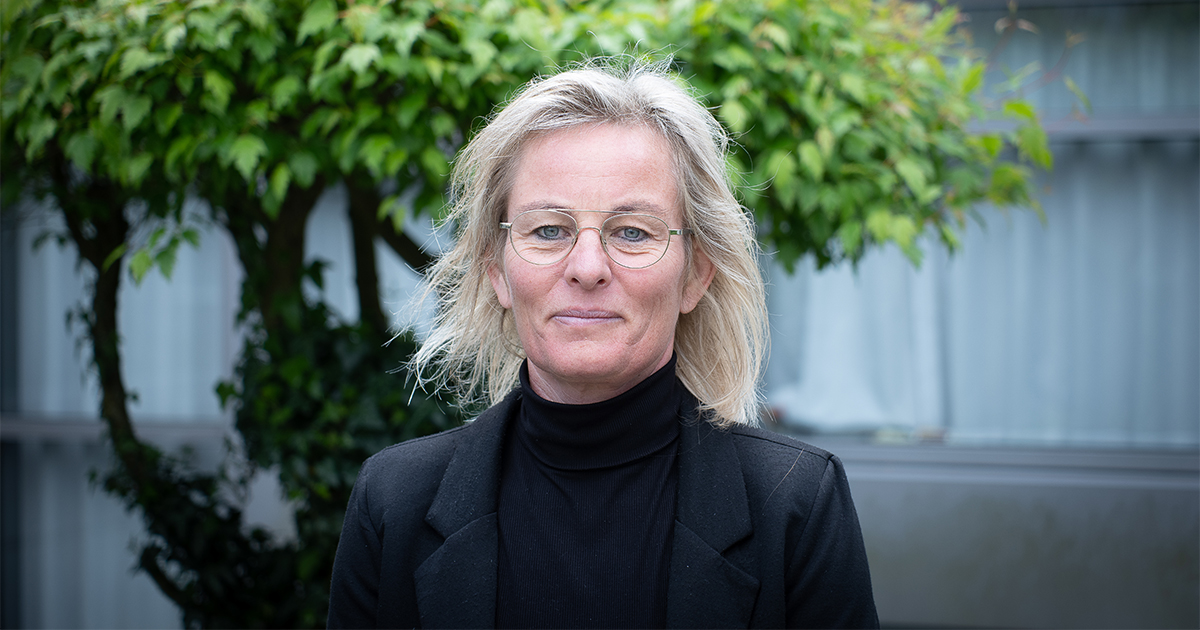
Women in research: Carolin Löscher
On the occasion of the International Women’s Day on 8 March, please meet some of our women researchers from SDU and learn their perspectives on being a woman in research.
Carolin Löscher
Carolin, cloescher@biology.sdu.dk, is a marine biologist and studies how life in the ocean responds to climate changes. She is especially interested in understanding the smallest life forms in the ocean, bacteria, and phytoplankton. Those tiny organisms are so interesting because they make the oxygen we breathe, and they can also control the temperature on our planet because they can take up greenhouse gases which otherwise would warm up the Earth.
There is a general notion that the research world is dominated by men. Do you accept this notion? And how have you yourself managed to build a career in a ‘man’s world’?
I feel that the older I get, the more I can see what people mean when they say the science world is dominated by men. This is because the higher up I get in my career, the fewer women are around. This is, of course, weird and doesn’t make it easier. If there are few women around, the ones who are there face the problem of being either ignored and not taken seriously, or, if they stand up for their opinions and ideas, they are perceived as being difficult. The pressure that comes along with this leads to many women not staying in science.
”But instead of leaving, I decided that it’s important to follow my passion and to rather help changing the system where it’s discriminating against women.
But instead of leaving, I decided that it’s important to follow my passion and to rather help changing the system where it’s discriminating against women. Therefore, for me it’s OK to be seen as the troublemaker; we all have to work on making science a world of equal opportunities.
Who are your biggest role models? Do you have someone you take example from?
I have different ones. One of them is Marie Curie, one of the coolest scientists, a Nobel Prize winner, a mother and a badass. She did was considered impossible back then, namely to study and become a scientist as a woman. Then there is the famous ocean researcher Marie Tharp, who made the first maps of the ocean floor, which are still used –she just loved that. Another woman I look up to, Katherine Johnson, was a math genius and was one of the ‘human computers’ at the NASA. She helped to put an astronaut into orbit around Earth and a man on the Moon. Because she was a woman of colour, her work was for a long time ignored. This happens to so many brilliant women, especially women of colour, and this is wrong.
Those are scientific role models, but I also have a hero. This is my friend Vicky Bertics; we were born the same year. She unfortunately passed away 8 years ago, but she was the best ocean scientist I have ever seen. She went on dives with a submarine, she went diving with whales and she knew everything about the ocean. Therefore, whenever I study life in the ocean and climate change, I think about her and what she would think about my work, and I hope I would make her proud.
What do you dream of achieving with your research?
I am an ocean scientist, a marine biologist and climate researcher, and I want to find out how to use the ocean best to slow down climate change. Because I know a lot about the chemistry and biology in the different ocean areas, I hope to be able to develop methods to make life in the ocean absorb more CO2, to transport it deep into the ocean and thus weaken the greenhouse effect.
